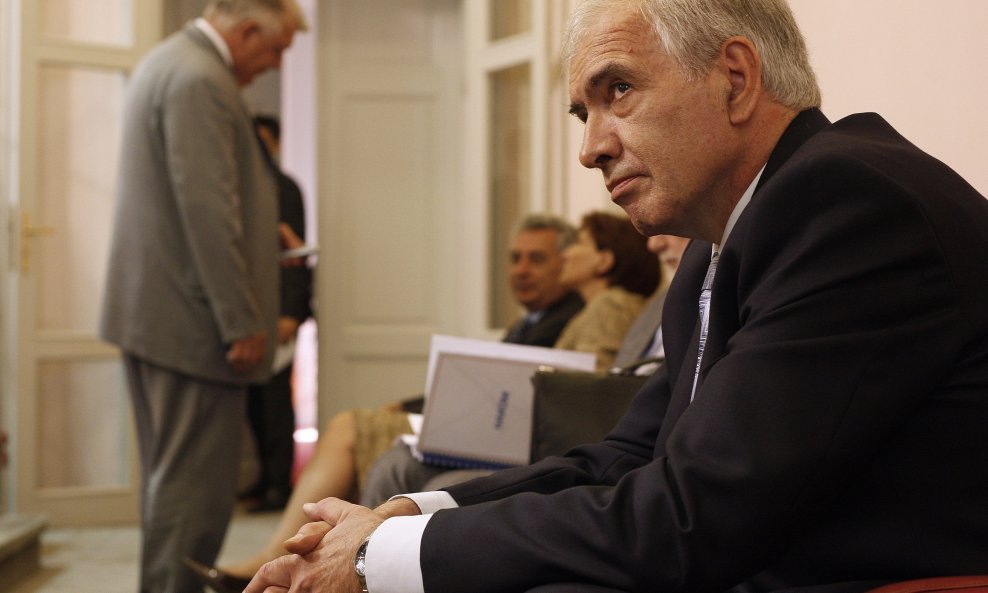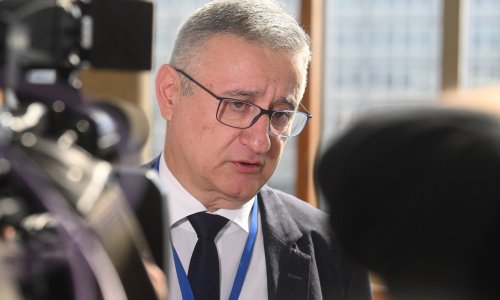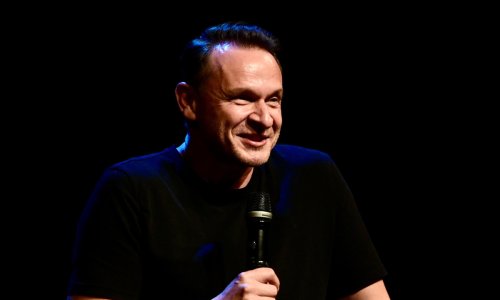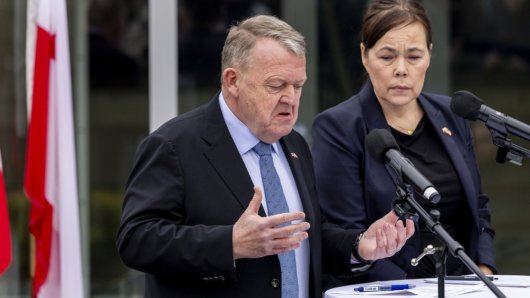2012 will be another year of tough restrictions, and the Croatian National Bank (HNB) projects a 1% contraction of the Gross Domestic Product. Although forecasts are not "bright", they are not so bad if this year we create prerequisites for economic growth in 2013, HNB governor Zeljko Rohatinski said at a conference on the Croatian financial market in Opatija on Thursday.
He said that there were no revolutionary measures such as "throwing money from helicopters" or direct financing from the central bank for production programmes that could help. Only "painful reforms and structural changes in the economy" can help, Rohatinski said at the start of the two-day conference "Croatian Money Market".
According to the HNB projections, Croatia's Gross Domestic Product is likely to contract by 1% in 2012.
The fall in domestic consumption is projected at 0.8%, exports are expected to dip by 1.2% and investments and imports face stagnation. The inflation rate is projected to pick up from 2.1% in 2011 to 3.5% this year.
According to the HNB estimates, the balance of payment deficit will rise from 1% to 2% of GDP, the external debt will reach 102% of GDP, and if the country manages to retain its credit rating, this will make it possible for Croatia to refinance its debt under the existing conditions.
Bank loans are expected to rise by 5%.
According to Rohatinski, in the event of the implementation of measures which the government has announced, the consolidated general government's debt will go down from 5.8% to some 5% of GDP, and the public debt will reach 56% of GDP.
Although forecasts are not "bright" from the point of view of social expectations and political promises, they are not so bad if everything is put in its place this year and prerequisites are created for restoring economic growth in 2013, the governor said, adding that after three years of disorientation, it was now time for more radical changes in the economy and in the economic policy to ensure a change of trends in the years to come, he said.
The gist of the problems in the monetary sphere is not the central bank's insufficiently expansionary monetary policy, but unfavourable models for converting the initially increased liquidity into funds that will trigger off production and employment, or unfavourable models for forming supply and demand for loans, the HNB governor said.
As long as these problems are not seriously tackled, there will bottlenecks that will slow down the flow of cash towards the manufacturing branches that can produce results in the overall economy, Rohatinski said.
The government is aware of that, and most economists who are "not addicted to cliches from the previous times" are also aware of that, he added.
Assistant Finance Minister Miljenko Ficor said that the government expected an economic recovery and positive growth of 0.8% in 2012, and its further rise of 1.5% in 2013 and 2.5% in 2014.
He admitted that in the first three months of the year there had been no great results in stimulating investment activities as the accumulated problems could not be solved overnight.
































